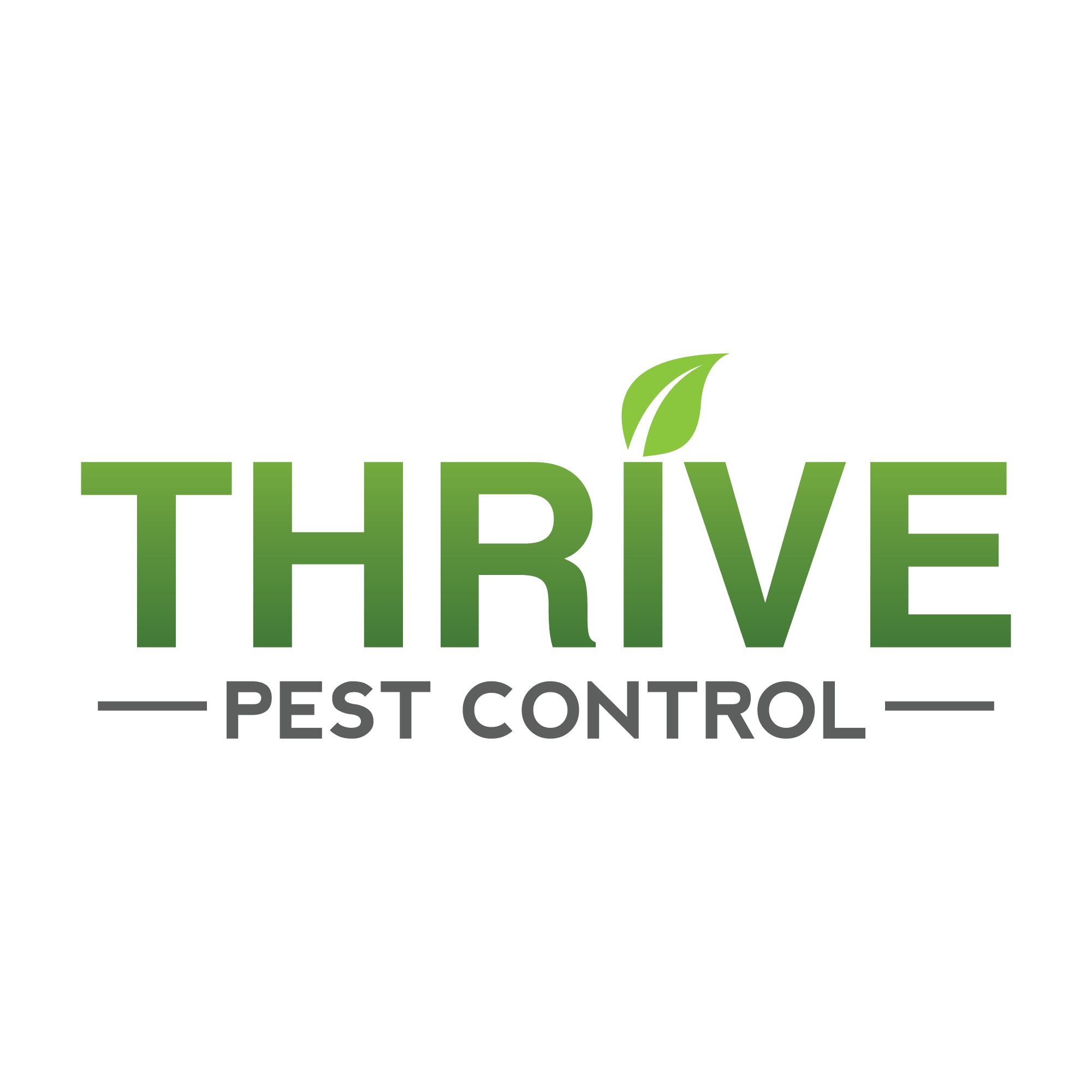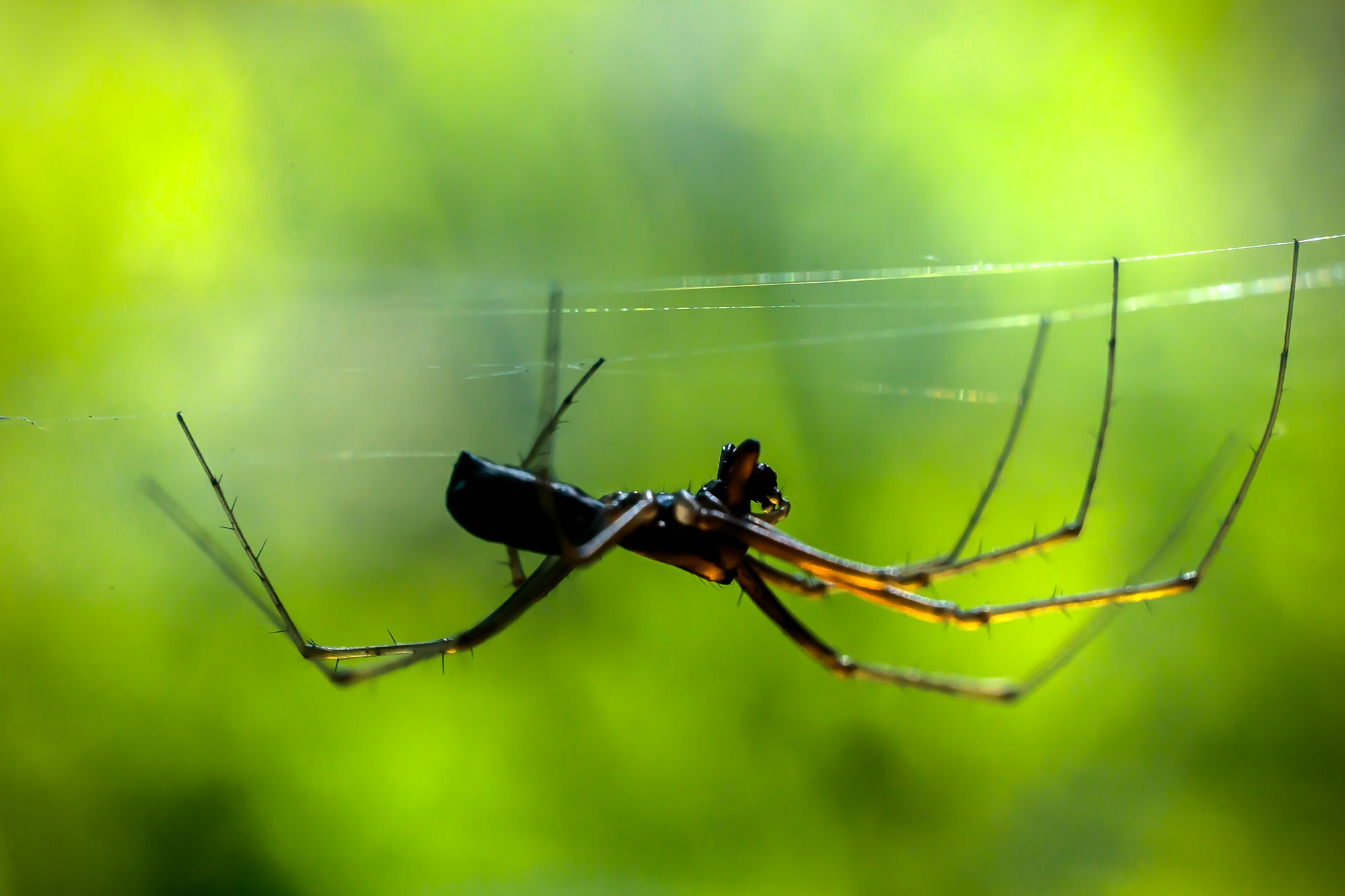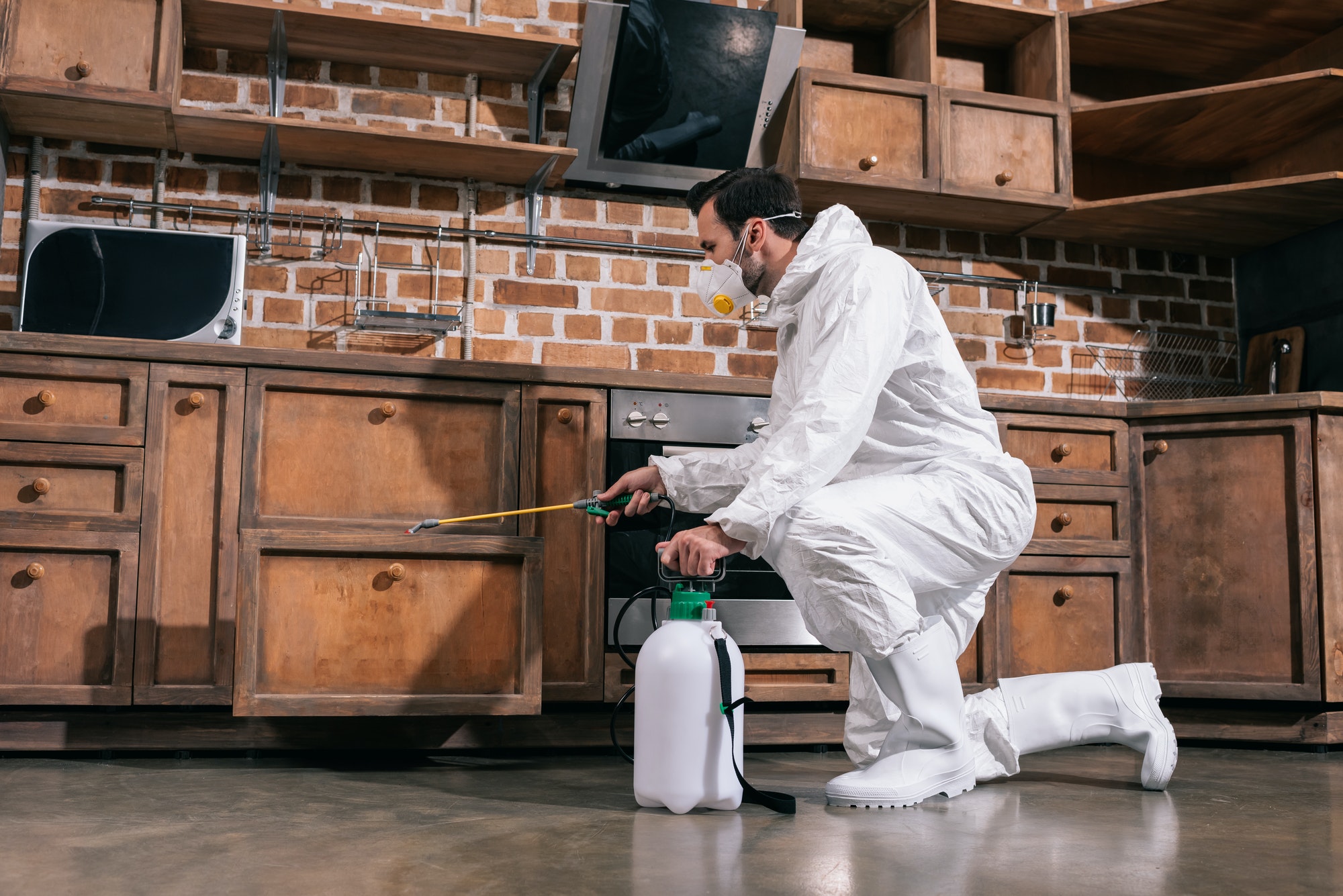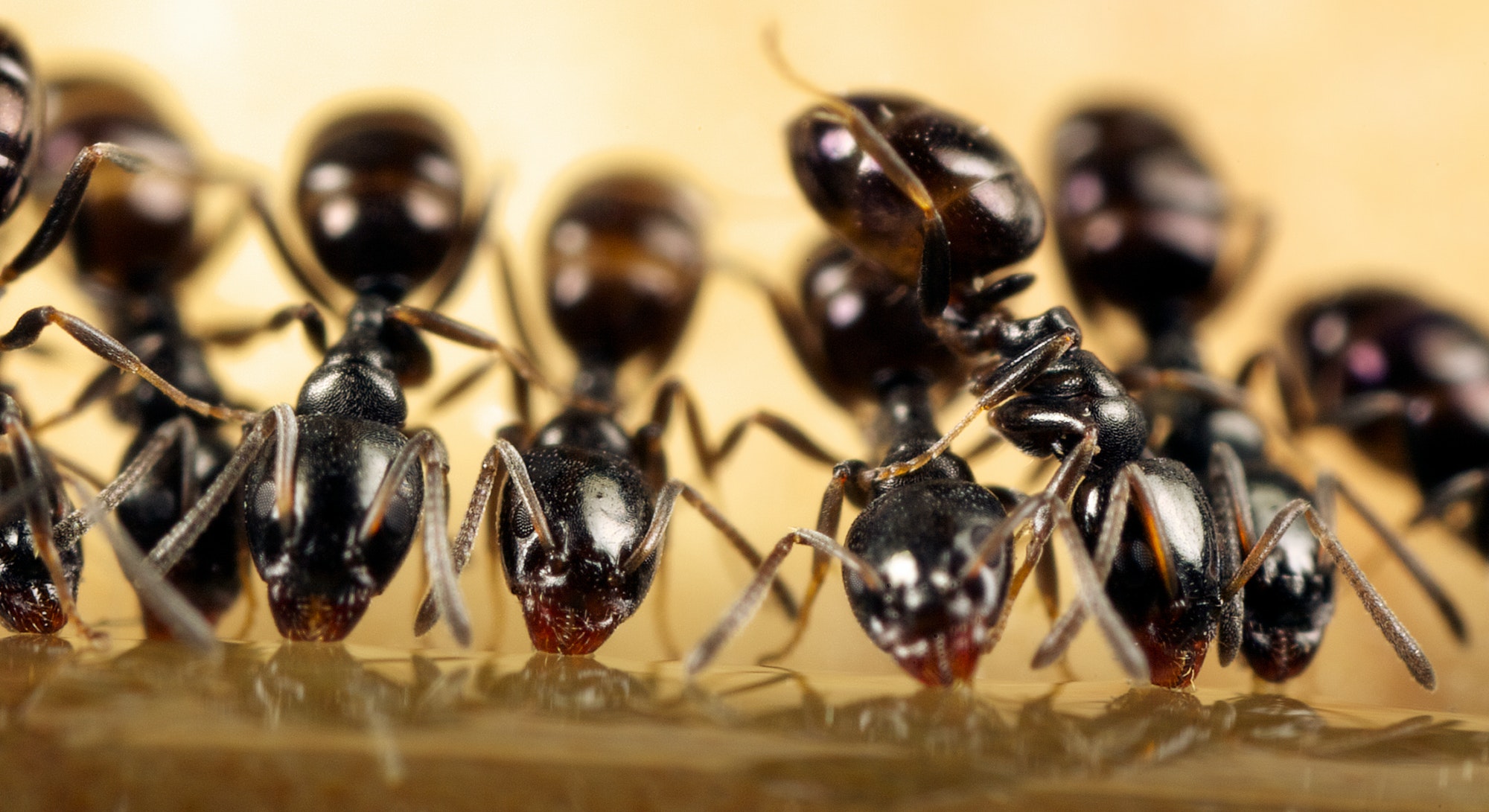Signs of Raccoons Terrorizing Your Home
Raccoons, sometimes called “trash pandas” or “treasure cats,” can be cute, harmless companions at times—but wild raccoons can also cause thousands of dollars in repairs to your household if they take a liking to the inside of your home. Here are three signs that you have become the victim of trash panda terror:
- As with nearly any pest, noise is the most telling piece of evidence. If you previously had a silent home at night, but now you hear scuttling inside your roof or walls, it could be a raccoon infestation. To distinguish the sounds of raccoons from other pests, such as rats or squirrels, pay attention to their vocal noises; raccoons chatter, growl, and cry, unlike most other unwelcome inhabitants.
- Damage to your home is an irritating yet telling sign. If you begin to notice missing or damaged shingles, insulation, electrical wiring, or other structural components, you likely have an unwelcome resident thriving in your walls.
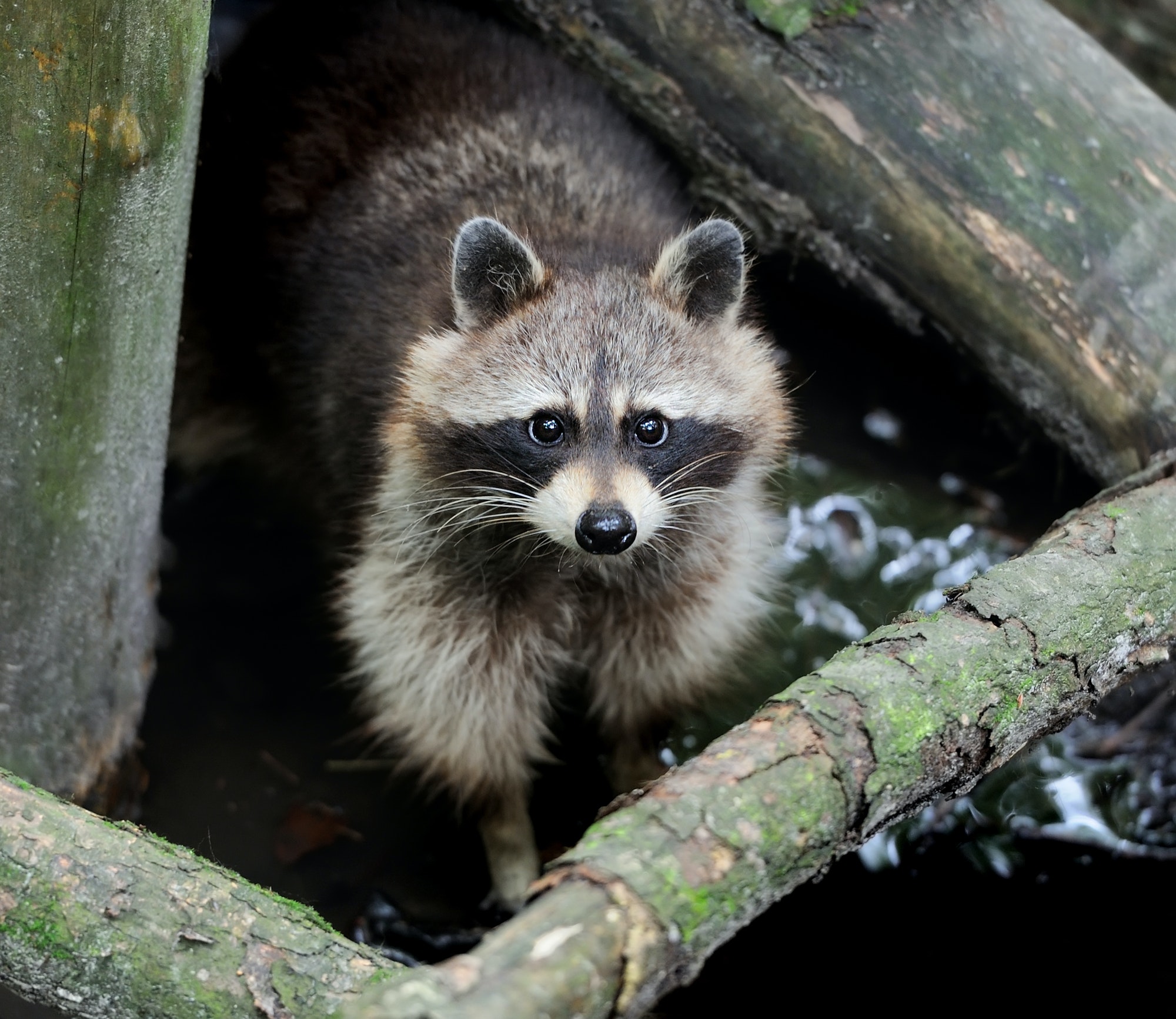
3. Finally, look out for what raccoons do best—raid! If you wake up one morning to find the contents of your fridge, pantry, and garbage can strewn about the kitchen, take a step back before blaming your housemates’ midnight snack habits. Raccoons are scavengers, and the contents of your pantry are nothing short of a grand feast to the nocturnal bandits.
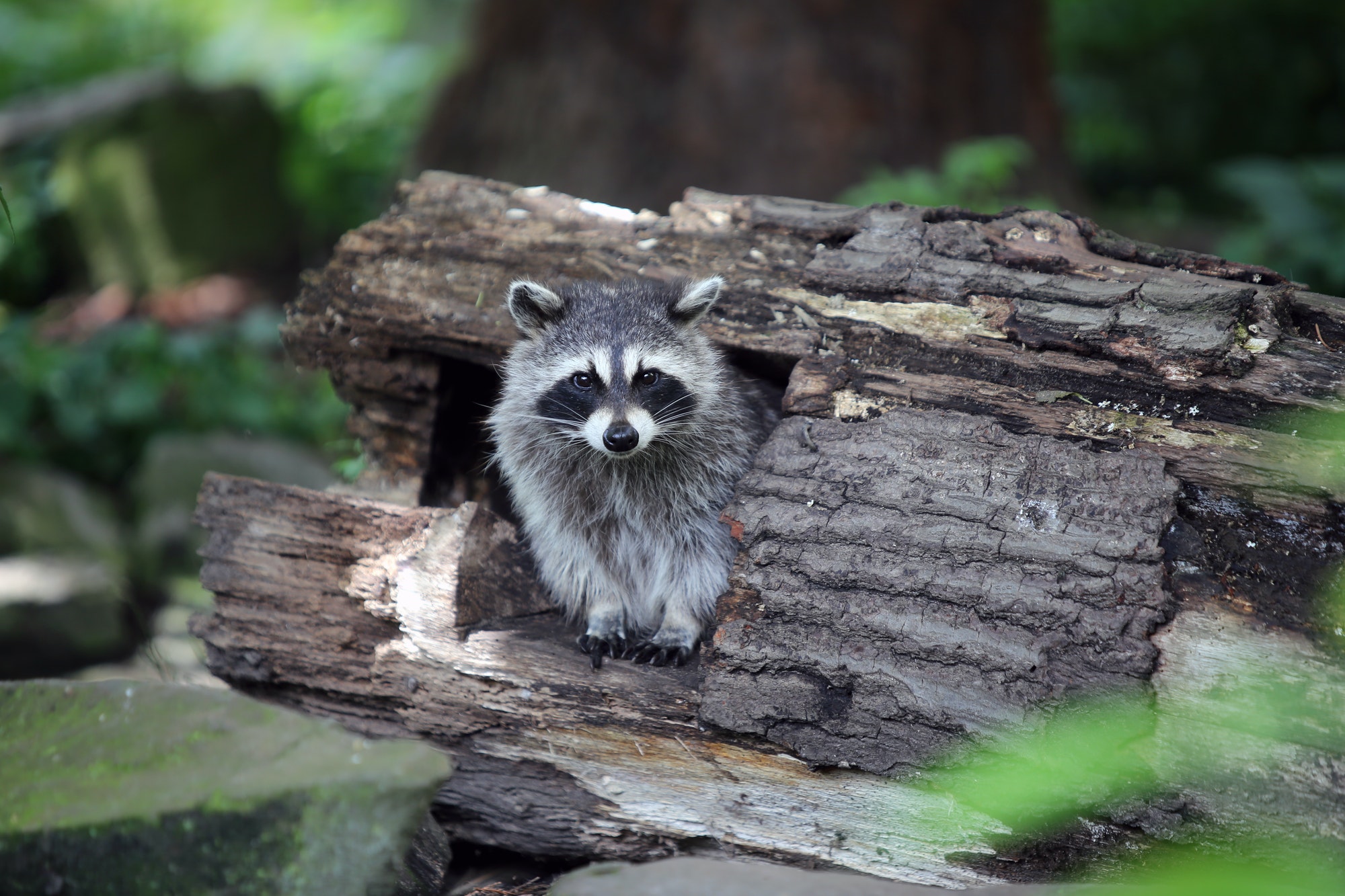
Why is it important to be rid of raccoons? On top of potentially damaging your home and consuming your breakfast, raccoons can be quite dangerous in two ways. Firstly, feces, urine, and nests can cultivate great amounts of bacteria and parasites, greatly increasing your risk of contracting illnesses by allowing the pests to exist in your household. Secondly, raccoons are common carriers of rabies, canine distemper, infectious canine hepatitis, pseudorabies, and roundworm, making them a great threat to the health of domestic animals in your household, especially dogs.
There are several methods of preventing a raccoon infestation and preserving the health and welfare of your welcome household inhabitants:
- Do not feed or coax raccoons. It may be difficult to resist the charm of a raccoon, as they often seem harmless, but this behavior is practically an invitation for them to enter your home.
- Keep pets inside at night, and store pet food indoors all the time. Raccoons are close cousins to bears, so store food as you would when camping; keep it out of the range of sight and scent.
- Secure pet doors at night. This security measure can not only help keep pests outside but will also help keep your domestic animals safe and sound indoors.
- Secure garbage and compost bins to prevent raccoons from opening them. Despite lacking opposable thumbs, raccoons are very agile and clever mammals; if the lid of your garbage can is not easily securable, it may be wise to invest in an anti-pest contraption to keep the lid on tight.
Finally, if you are the unfortunate victim of a raccoon infestation, call pest control! Do not attempt to remove the animals yourself, as this can pose dangers to both you and the unsolicited visitor. Always be smart, stay safe, and remember to appreciate the delight of sighting a raccoon in the wild from a reasonable distance.


